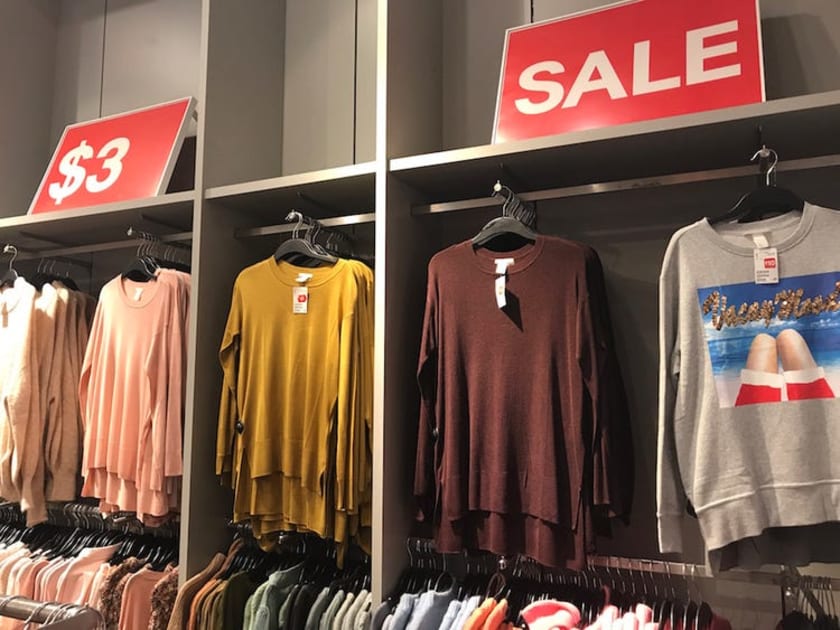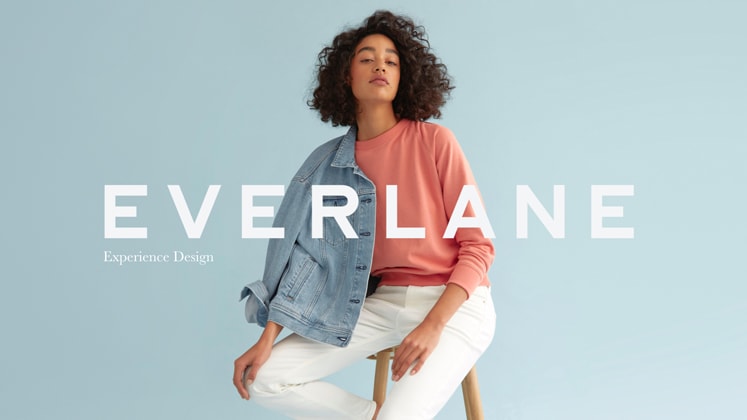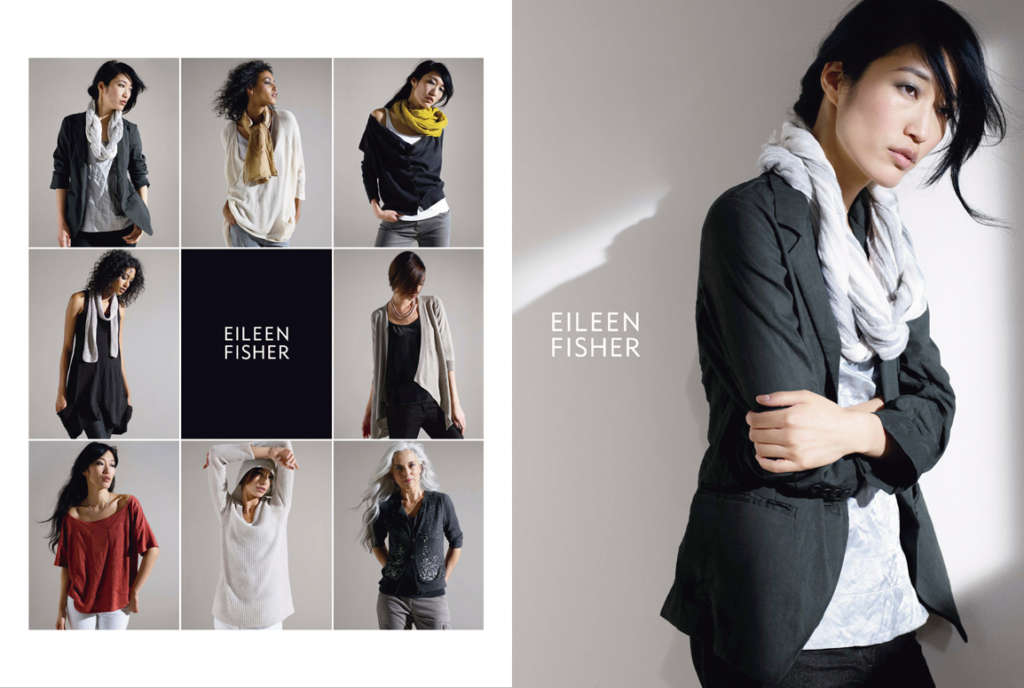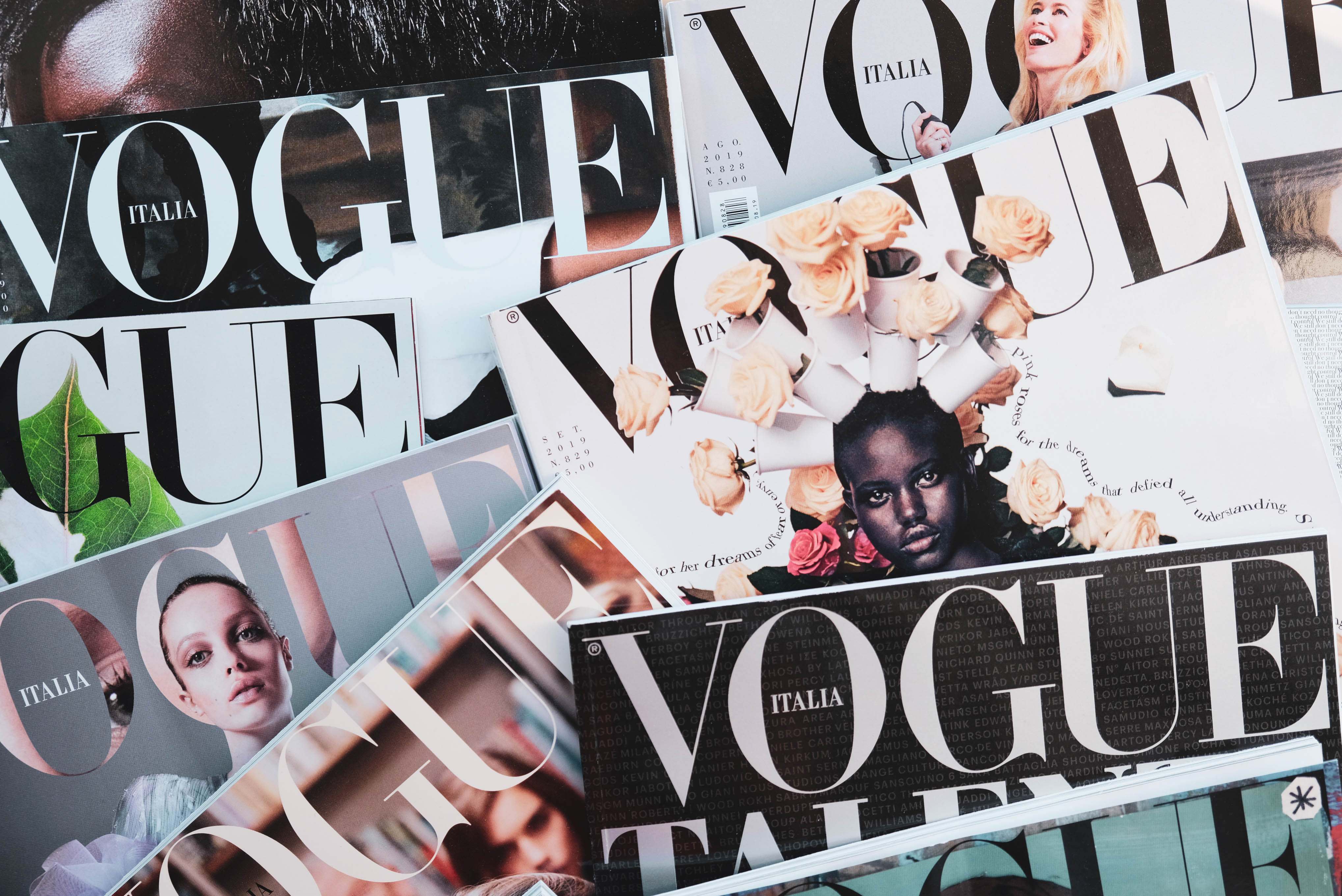5 Brands With Similar Approach Towards Fashion Like H&M



The latest trend in fashion is eco-fashion and sustainable, ethical clothes. The techniques used to produce clothes and the trash generated when they are discarded result in the textile sector having a massive adverse effect on the planet. Therefore, companies and customers alike have started taking a keen interest in addressing these concerns.
Imagine if fashion brands try to take advantage and availability of awareness and trends while remaining conscious? H&M Conscious appears to provide just this. By buying apparel that is partially composed of repurposed materials, the Swedish business urges you to 'wear your garbage.'
How Is H&M Doing Things Differently?
With the Conscious line, consisting of natural fibers and upcycled polyester, H&M is moving away from its fast-fashion beginnings. The firm wants to decrease its environmental footprint by adopting eco-friendly materials and more responsible production processes.
Shoppers may also recycle old clothing and receive a discount on a future purchase at H&M locations. By 2030, H&M wants to utilize entirely sustainable sources of materials across the board. H&M releases a Conscious Exclusive collection twice every year, wherein innovative fabrics and ideas are incubated and subsequently incorporated in H&M's significant collections. They employ third-party research and international licenses to examine the components. But it is not the only one. There are more like H&M, that are taking charge.
5 Popular Fashion Brands That Are Following the Same Approach
Want to know about more brands like H&M? Here are 5:
Everlane

This label emphasizes ethics and openness, displaying their markup technique for each item and showing manufacturers where it obtains its materials. Throughout the selection phase, it says that every manufacturer is audited and graded.
From such an ethical standpoint, there isn't much of a difference. Still, the designs are beautiful without ever being overly fashionable so that anyone can wear this year in and year out (and avoid creating trash). Everlane offers apparel, outerwear, apparel, and accessories, as well as men's designs.
Levi's
Denim is known for using a lot of water to make a single pair of pants. It requires approx 2,000 gallons of water to create one pair of jeans via cotton cultivation through coloring and finishing. However, Levi's new WaterLess line uses up to 96 percent less water.
Levi's, just like H&M, is dedicated to environmentalism throughout the design and development process for this and all of its goods, including using 100 percent responsibly produced linen and reusing old jeans into home insulation. Furthermore, the company makes its extensive sustainability pledges public over the product's life cycle.
Eileen Fisher

This high-end label is a pioneer in a progressive manner, focusing on everything from fibers to chemicals and finishes, to principles during the manufacturing stage, to repairs and waste at the end of the cycle – and the list goes on.
The clothes can be costly, but the company takes returns and resells its very own label's delicately used apparel on the Renew portal so that anyone can purchase it at a reduced price and in good condition. It will convert the material into artwork using specific felting processes if it isn't attractive enough to be resold.
Polo Ralph Lauren
Want to know what more brands are like H&M? Polo Ralph Lauren is making a minor adjustment that, owing to its size, can make a substantial environmental impact. The Earth Polo, which is available in men's and children's sizes, is produced from recycled water bottles and dyed without water throughout the process.
Even though it's only a shirt, Polo Ralph Lauren believes that by 2025, it will have saved the rough equivalent of 170 million plastic water bottles from waste. Polo Ralph Lauren also makes public its financial and brand reports to highlight its efforts and long-term goals.
ABLE
Able, which emphasizes eliminating poverty by giving decent salaries and generating jobs for women, is driven by ethical and responsible ways of fashion. The label has also taken the initiative to display its salaries on its website. It also has a company system for evaluating its manufacturing suppliers in categories like hygiene, efficiency, and salaries to understand how their supply chain affects them.
Dresses, footwear, accessories, and handbags, Able manufactures it all, and they are all fashionable while remaining ageless. They make their bags and shoes out of sturdy, naturally produced materials like leather and their clothing out of cotton.
Conclusion
As the world struggles with saving this planet and balancing the ecology as much as possible, the fashion industry is doing its bit. Since the 1990s, the H&M group has been involved in environmental initiatives. It has constantly been vital to us to operate in a way that allows coming generations to appreciate fashion and current generations. Consumers want to shift away from fast and unethical fashion, and toward more ecologically friendly choices that they flaunt and be responsible for. These labels and more like H&M show that even minor changes to materials and procedures may result in significant and much-needed changes in the world of fashion.



















